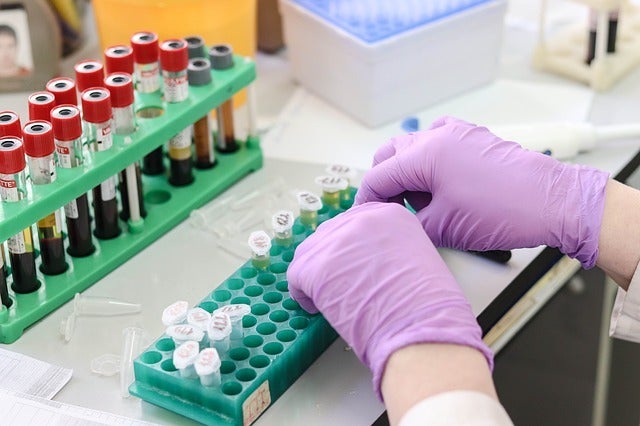
Agilent Technologies has obtained the US Food and Drug Administration (FDA) approval for its PD-L1 IHC 22C3 pharmDx assay for expanded use.
Agilent said that the FDA has approved the assay to be used for identifying patients with Esophageal Squamous Cell Carcinoma (ESCC) for treatment with KEYTRUDA (pembrolizumab), an anti-PD-1 therapy manufactured by Merck.
In addition, the KEYTRUDA was approved for patients with recurrent locally advanced or metastatic ESCC, with tumours expressing PD-L1, as determined by an FDA-approved test, with disease progression after one prior line of systemic therapy.
PD-L1 IHC 22C3 pharmDx gains FDA approval for the sixth cancer type in US
PD-L1 IHC 22C3 pharmDx, which was was developed in collaboration with Merck, marks the only companion diagnostic to obtain FDA approval for identifying ESCC patients for second-line treatment with KEYTRUDA. Agilent diagnostics and genomics group president Sam Raha said: “PD-L1 has been established as an essential biomarker for PD-1/PD-L1 checkpoint inhibitors. As a growing number of patients are becoming eligible for treatment with these inhibitors, pathologists’ confidence in their PD-L1 test is critical.
“With the approval of expanded use of our PD-L1 IHC 22C3 pharmDx assay, Agilent is able to aid in the identification of patients with ESCC for treatment with KEYTRUDA, while providing pathologists the quality, reliability, and accuracy they need to ensure diagnostic confidence.”
KEYTRUDA is a humanised monoclonal antibody designed to strengthen the body’s immune system to detect and fight tumour cells.
It blocks the contact between PD-1 and its ligands PD-L1, PD-L2 and activates T lymphocytes, which would affect both tumour cells and healthy cells.
According to the company, KEYTRUDA and other targeted immunotherapies are transforming cancer treatment with their therapeutic value being proven for a growing list of cancer types.
Furthermore, ESCC accounts for approximately 30% of all esophageal cancers diagnosed in the US and esophageal cancer is expected to cause approximately 16,000 deaths in 2019.






